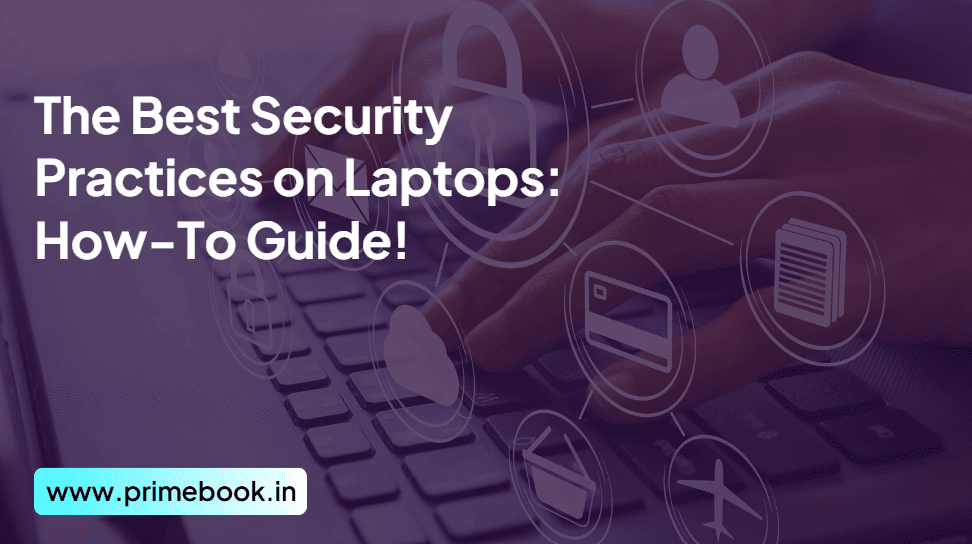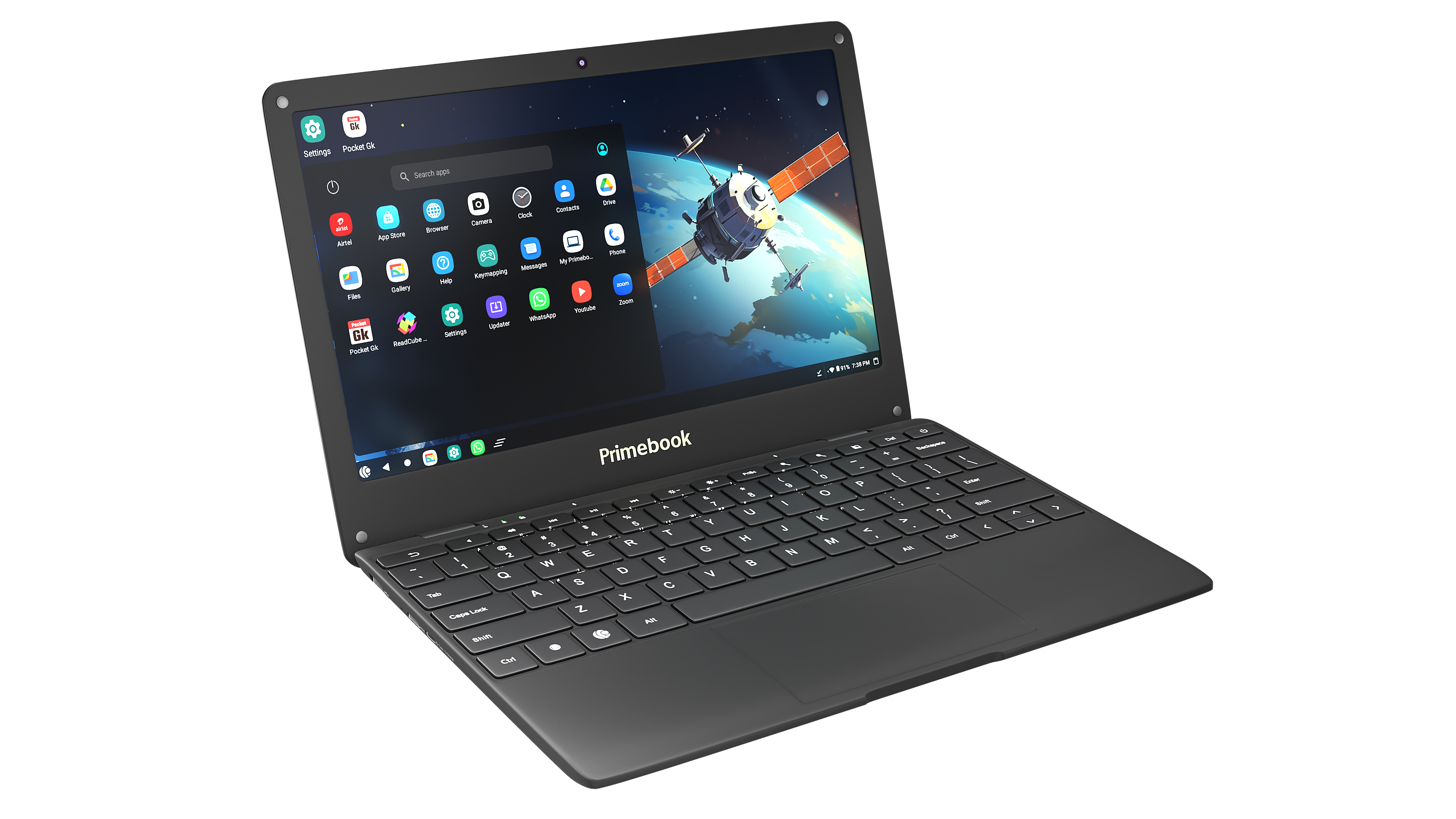Blogs / How To / The Best Security Practices on Laptops: How-To Guide!
Blogs / How To / The Best Security Practices on Laptops: How-To Guide!

Ananya Dasgupta
06 Jun 2024

The Best Security Practices on Laptops: How-To Guide!
Table of Contents
The growing rate of unethical hacking, data breaches and cyber-attacks has made security practices on laptops a serious concern for all users. Undoubtedly, the safer your laptop practices, the more secure your online interactions and activities, and the lesser the risks of becoming a cyber-attack victim. This blog brings in some of the best security practices to opt for on a laptop and how to go about it all!
Step 1 – Set Unique Hard-to-Guess Passwords Wherever Counts
While login passwords serve as an essential factor in preventing others from gaining unwanted access to your files at boot-up, you ought to keep it unique and complex. If you often use laptops in public places, a password-protected lock screen is certainly one of the best security practices to follow. You can go for numbers, symbols, full sentences, or passphrases. But, don’t use your birth date or residential address; don’t recycle the same password across diverse accounts. Using auto-remember features in browsers or websites is also a big no-no, herein!
Step 2 – Update Security Software, Browsers, and Programs
Another of the best security practices for laptops is to keep updating security software, browsers, and programs. Although most laptops today have antivirus software pre-installed, you need to leverage them to scan files before opening. In fact, you need to keep a sharp eye on what you download, especially those containing odd words or extensions, as they may be malicious! Keep your laptop’s OS auto-update feature turned on. Always use software with automatic definition updates. This is because virus detection is faster on up-to-date virus signatures and definitions.
Step 3 – Keep Your Hard Drive Encrypted; Back Up Your Data
Encryption of hard drives is not just one of the best security practices on laptops, it’s the strongest defence-line against thefts and cyber attacks. It’s because encryption converts files and data into codes, shadowing their original content and making it more difficult for attackers to crack open your sensitive information. Hackers won’t be able to boot the laptop or access the files on the hard drive unless they can input the correct encryption key. You may even store the encryption key on a different device, whether a USB drive or your phone. Make sure you back up the data, particularly if some crucial work is underway!
Also Read: Top 5 Security Software for Laptops in 2024
Step 4 – Increase The Use of Authentication Measures
Increasing the use of various authentication measures is another of the best security practices on laptops. You must consider implementing multi-factor authentication to restrict access to your account even if the attackers insert the correct login credentials. However, you must also note that not all authentication measures provide equal protection. For instance, the security question answers can be easy for others to guess and attackers can easily intercept the six or four-digit verification codes you receive on your cellular network. Thus, you must opt for biometric authentication or hard tokens like YubiKey.
Step 5 – Take Privacy Actions When Using Laptop in Public
Taking privacy actions is also a salient security practice when using your laptop in public. You can use privacy screens to prevent shoulder-surfing attacks. These screens block the view from the angles and are handy to use. Likewise, you can apply a physical cover for the laptop camera, as hackers often weaponize webcams to spy on you and your moves via remote administration tools. Attackers might even disable the LED light next to the camera, making it all the more difficult for you to identify if you are being spied on. Availing of a VPN is a more secure option to conceal your identity on public networks.
To sum up, you need to constantly improve your laptop’s security by uptaking various measures as and when possible to withstand an attempted breach. If the endpoints, i.e., the user and the device, have a secure link, falling prey to online thefts and attacks would be less likely. For more about laptop security practices, stay tuned to https://www.primebook.in/.


 Related Blog
Related Blog









